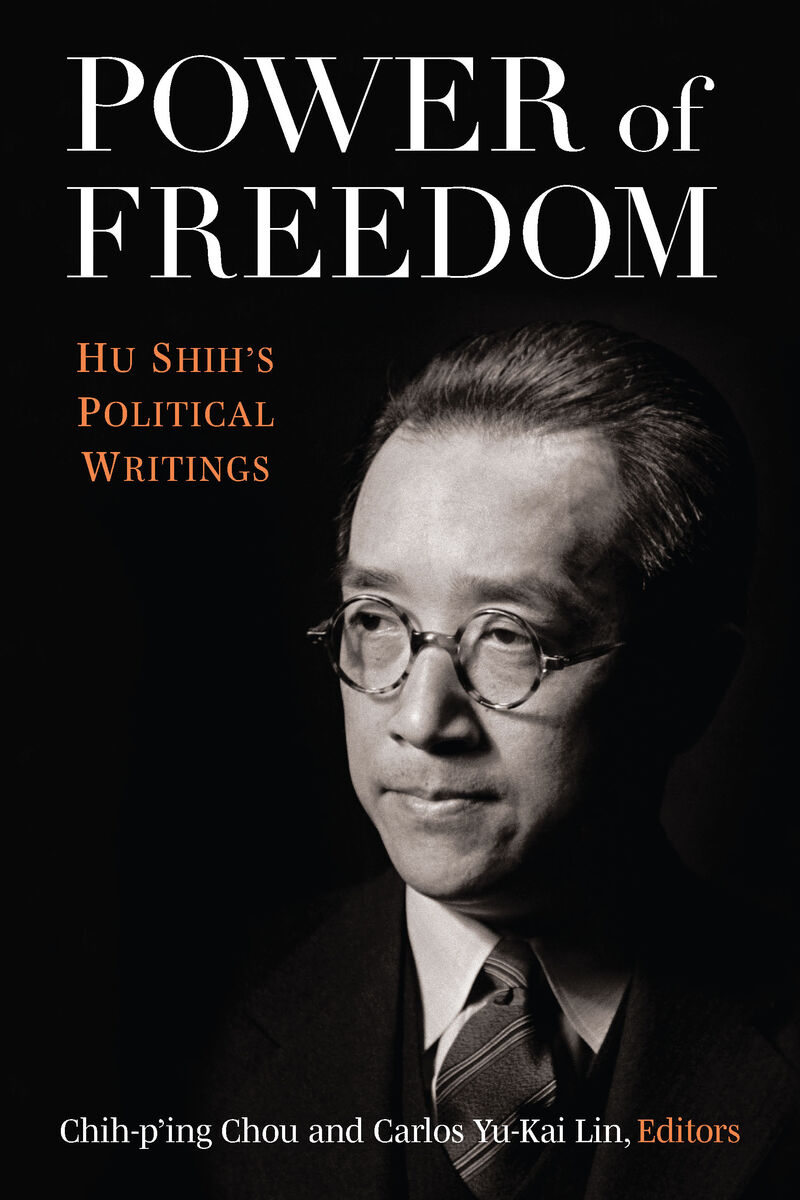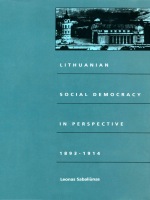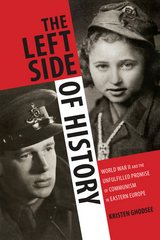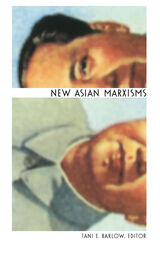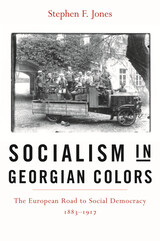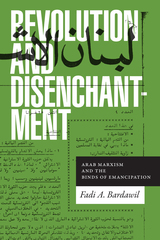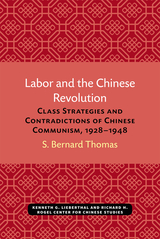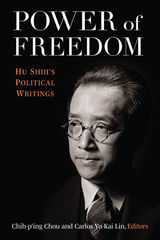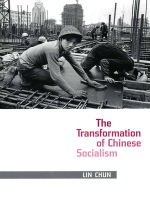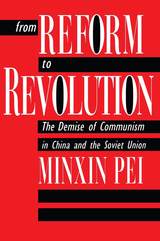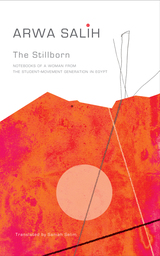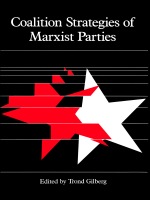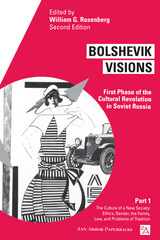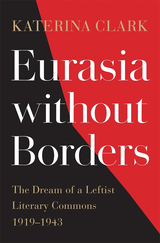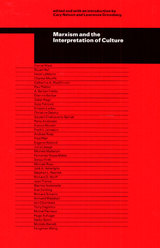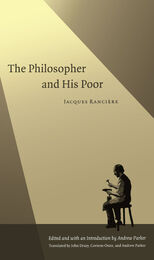Power of Freedom: Hu Shih's Political Writings
University of Michigan Press, 2022
Cloth: 978-0-472-07526-3 | Paper: 978-0-472-05526-5 | eISBN: 978-0-472-90361-0 (OA) | eISBN: 978-0-472-22001-4 (standard)
Library of Congress Classification HX418.H8 2022
Dewey Decimal Classification 335.4343
Cloth: 978-0-472-07526-3 | Paper: 978-0-472-05526-5 | eISBN: 978-0-472-90361-0 (OA) | eISBN: 978-0-472-22001-4 (standard)
Library of Congress Classification HX418.H8 2022
Dewey Decimal Classification 335.4343
ABOUT THIS BOOK | AUTHOR BIOGRAPHY | REVIEWS | TOC | REQUEST ACCESSIBLE FILE
ABOUT THIS BOOK
Dr. Hu Shih (1891–1962) was one of China’s top scholars and diplomats and served as the Republic of China’s ambassador to the United States during World War II. As early as 1941, Hu Shih warned of the fundamental ideological conflict between dictatorial totalitarianism and democratic systems, a view that later became the foundation of the Cold War narrative. In the 1950s, after Mao’s authoritarian regime was established, Hu Shih started to analyze the development and nature of Communism, delivering a series of lectures and addresses to reveal what he called Stalin’s “grand strategy” for facilitating the International Communist Movement.
For decades—and today to a certain extent—Hu Shih’s political writings were considered sensitive and even dangerous. As a strident critic of the Chinese Communist Party’s oligarchical practices, he was targeted by the CCP in a concerted national campaign to smear his reputation, cast aspersions on his writings, and generally destroy any possible influence he might have in China. This volume brings together a collection of Hu Shih’s most important, mostly unpublished, English-language speeches, interviews, and commentaries on international politics, China-U.S. relations, and the International Communist Movement. Taken together, these works provide an insider’s perspective on Sino-American relations and the development of the International Communist Movement over the course of the 20th century.
For decades—and today to a certain extent—Hu Shih’s political writings were considered sensitive and even dangerous. As a strident critic of the Chinese Communist Party’s oligarchical practices, he was targeted by the CCP in a concerted national campaign to smear his reputation, cast aspersions on his writings, and generally destroy any possible influence he might have in China. This volume brings together a collection of Hu Shih’s most important, mostly unpublished, English-language speeches, interviews, and commentaries on international politics, China-U.S. relations, and the International Communist Movement. Taken together, these works provide an insider’s perspective on Sino-American relations and the development of the International Communist Movement over the course of the 20th century.
See other books on: 1891-1962 | Communism | Freedom | Selections | Works
See other titles from University of Michigan Press
